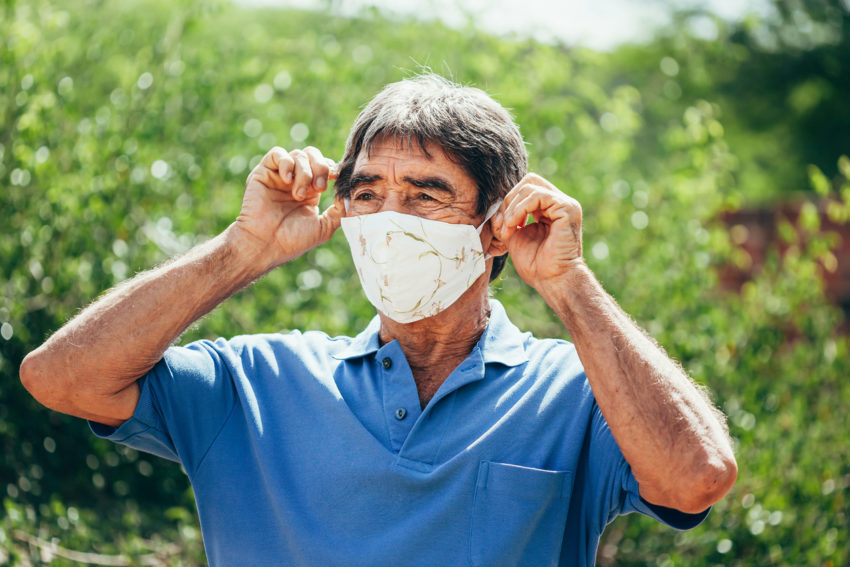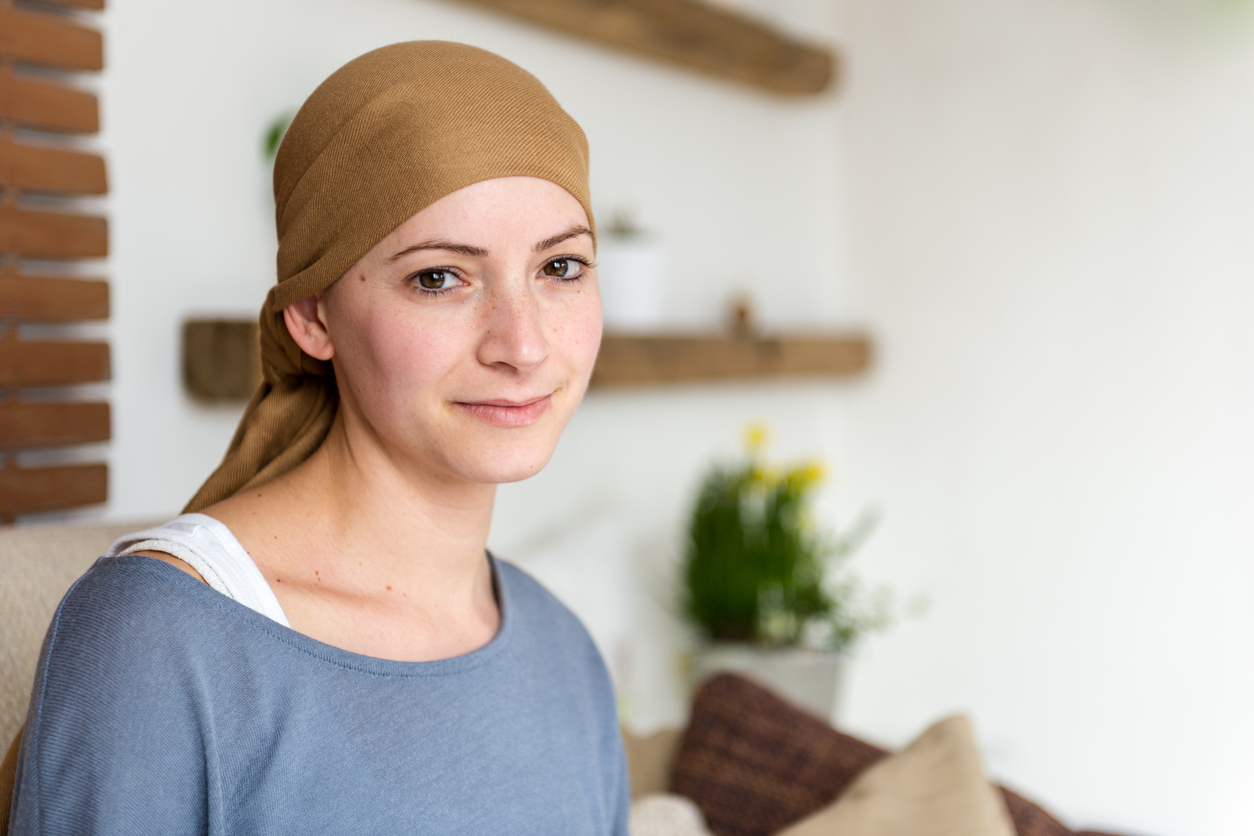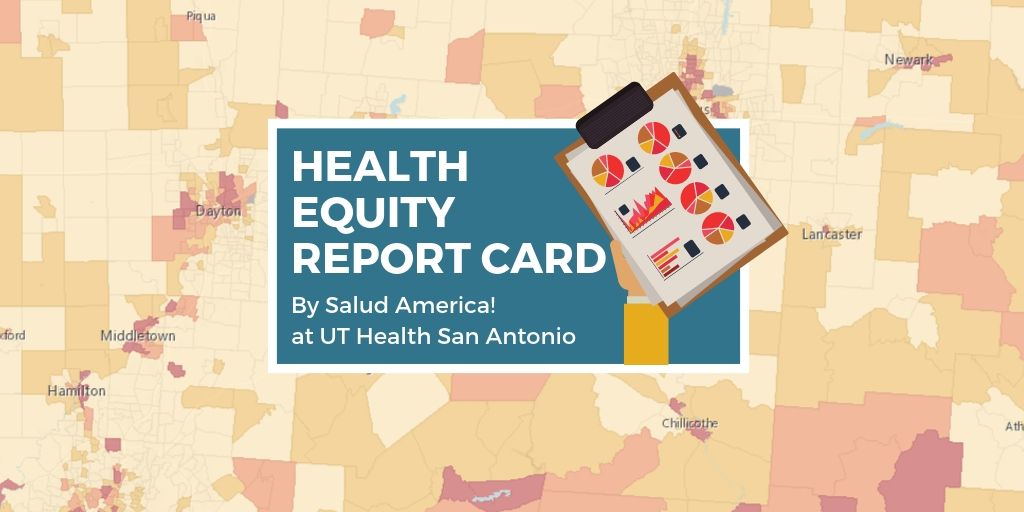
Share On Social!
Cancer patients who get COVID-19 have a 13% risk of dying, much higher than the 6% death rate of coronavirus in the general population, according to a study published in The Lancet.
But the reasons for bigger risk aren’t what researchers expected.
Pregnant women or people with autoimmune diseases or blood cancers are, surprisingly, not more susceptible to severe coronavirus, USA Today reports.
Instead, people with cancer and the general population have the same basic reasons for severe coronavirus outcomes. These include older age, smoking, and underlying health problems like diabetes and obesity, according to the new study.
This suggests cancer still poses a greater danger than the virus.
“Many cancer treatments do not weaken the immune system to a level that it could not fight the virus, so the notion that patients with cancer are all immunocompromised is troubling to me,” Dr. Antoni Ribas, an oncologist at UCLA told USA Today. “In fact, many modern cancer treatments do not weaken the immune system at all, and some of them are immunotherapies that help fight cancer, and in mouse models, the same therapies also fight viral infections.”
Death Rates for People with Cancer and COVID-19
The international COVID-19 and Cancer Consortium (CCC-19) led the new study.
CCC-19 is a group of over 100 cancer centers and other organizations that teamed up to collect data about COVID-19 patients. Collaborators include Dr. Amelie G. Ramirez, director of Salud America! at UT Health San Antonio, and Drs. Ruben A. Mesa, Mark Bonnen, Daruka Mahadevan, and Dimpy Shah of Mays Cancer Center at UT Health San Antonio MD Anderson Cancer Center.
For The Lancet study, Mesa and Shah helped analyze over 900 patients with cancer and COVID-19 infection between March and April 2020.
 Overall, patients who had active, progressing cancers at the time of COVID-19 infection were five times more likely to die within 30 days than those who were in remission or had no current evidence of cancer, Reuters reports.
Overall, patients who had active, progressing cancers at the time of COVID-19 infection were five times more likely to die within 30 days than those who were in remission or had no current evidence of cancer, Reuters reports.
Cancer patients older than 75 had a 25% death rate. This was more than the 11% death rate for people ares 65-74 and 6% rate for people younger than 65.
Men also had a higher death rate than women (17% to 9%). So did people with multiple underlying health problems. The study found no differences by race/ethnicity.
“Specific treatments such as surgery or a type of immune therapy called checkpoint inhibitors did not increase risk,” USA Today reports.
What Does This Mean for Cancer Patients amid COVID-19?
The new study did not show an increased risk of death for patients receiving cancer treatments who were otherwise healthy, Mesa said.
“This suggests that patients can continue receiving treatment during the pandemic using extreme caution, which is what we did here,” he said. “We had clear protocols in place to protect patients as they continued their treatment.”
But Mesa also said fewer people are coming in for cancer screenings.
This could lead to doctors finding cancers at a more advanced stage than they would have otherwise, he told Fox San Antonio. This impacts Latinos, who face a 142% rise in cancer cases in the next few years.
“Don’t cancel [your cancer screenings],” Mesa said. “Don’t push it off until 2021. Go ahead and get that done.”
Also, this highlights the need to address systemic inequities that contribute to health issues like obesity, which then lead to cancer.
Check out these 19 ways to focus on health equity in the pandemic aftermath.
 Also, download a Salud America! Health Equity Report Card. You will get local data with interactive maps and gauges, which can help you visualize health inequities in underlying conditions, housing, transit, and other issues compared to the rest of your state and nation.
Also, download a Salud America! Health Equity Report Card. You will get local data with interactive maps and gauges, which can help you visualize health inequities in underlying conditions, housing, transit, and other issues compared to the rest of your state and nation.
You can email your Health Equity Report Card, share it on social media, and use it to make the case for community change to boost health equity.
Get your health equity Report Card!
By The Numbers
142
Percent
Expected rise in Latino cancer cases in coming years



